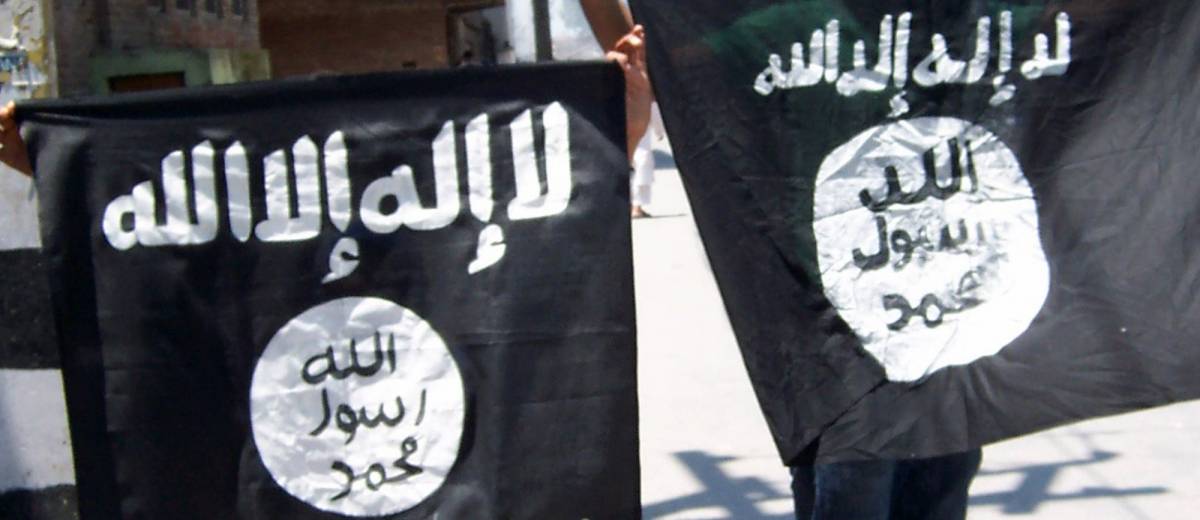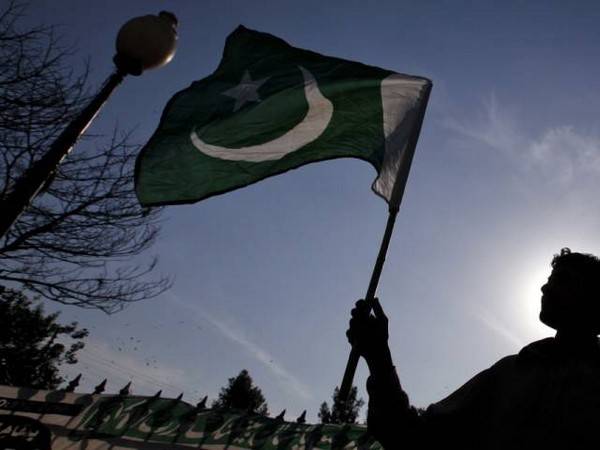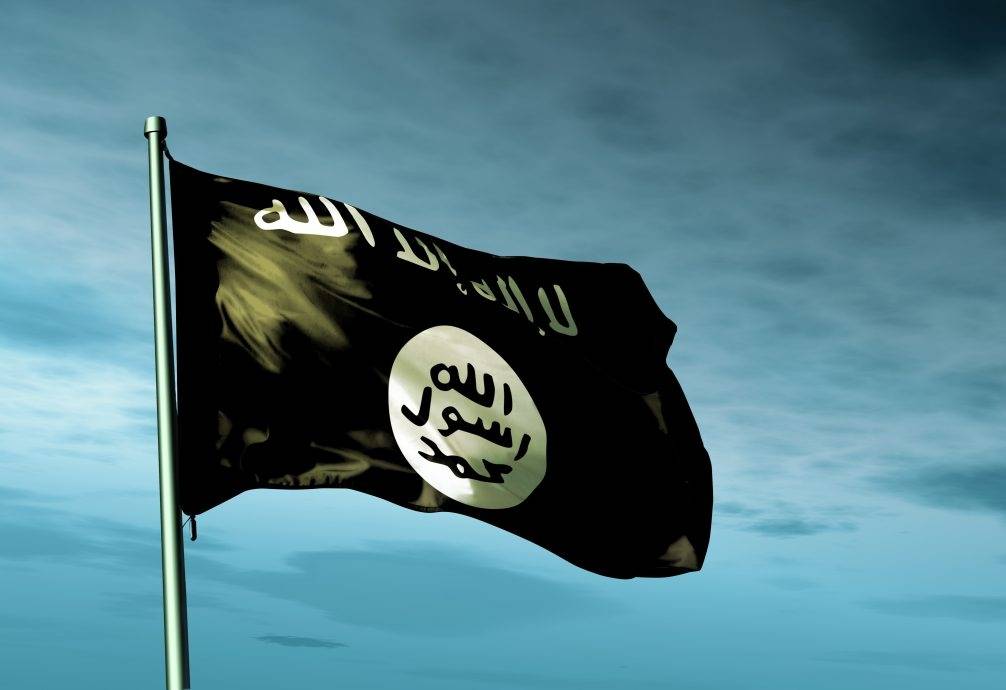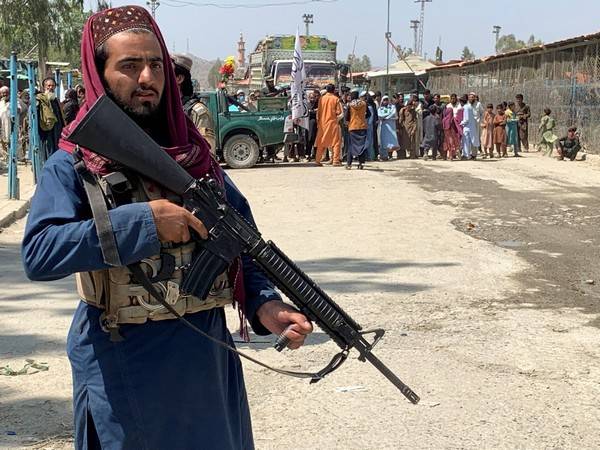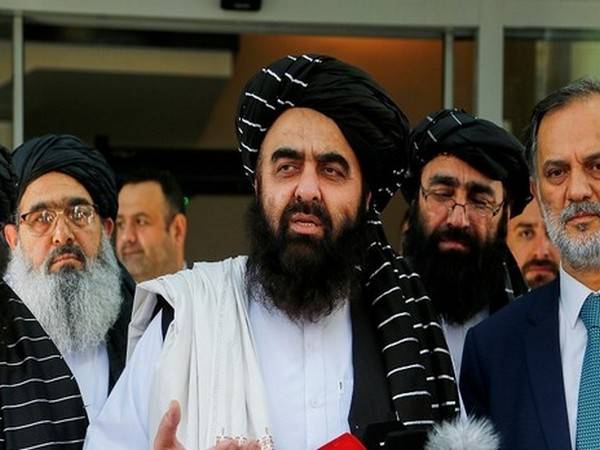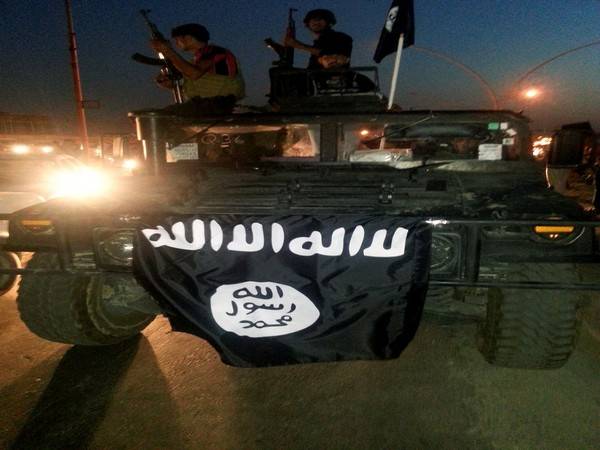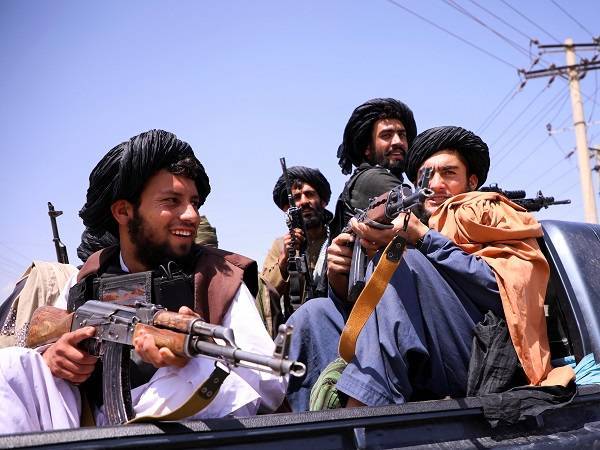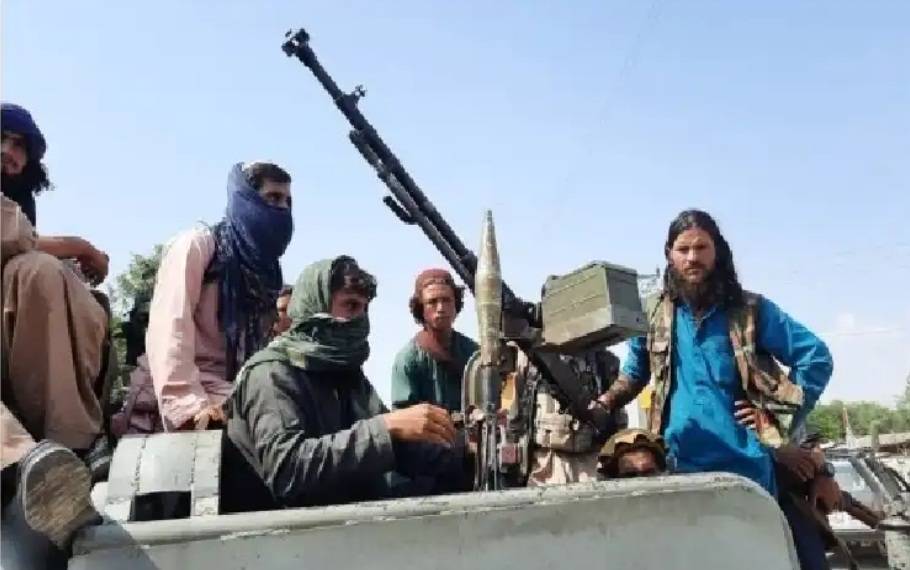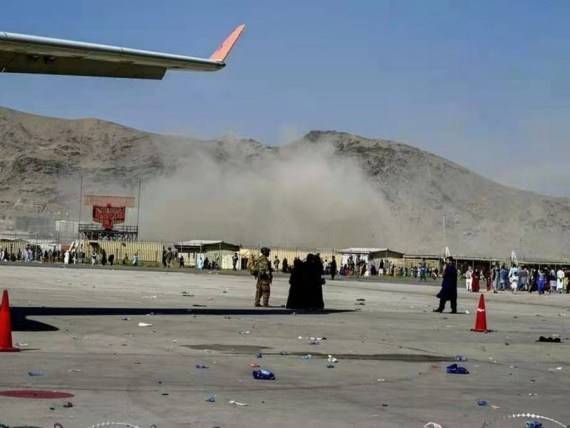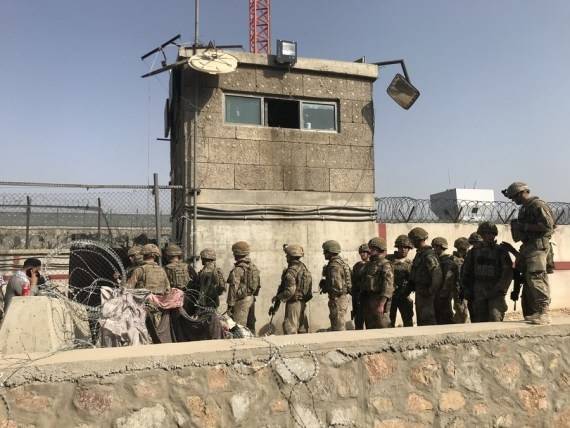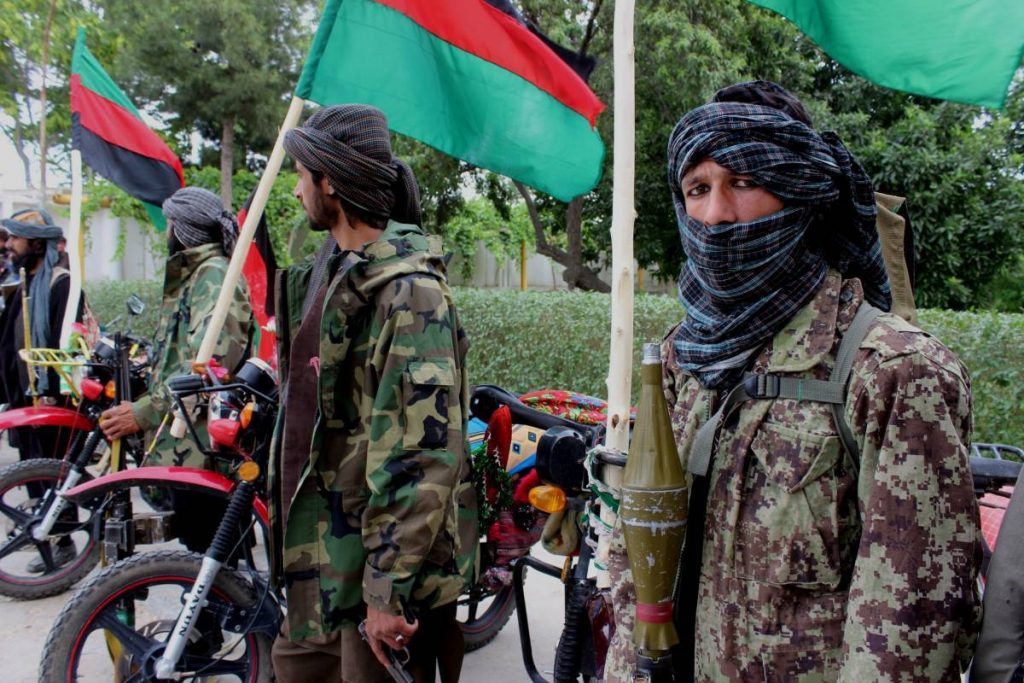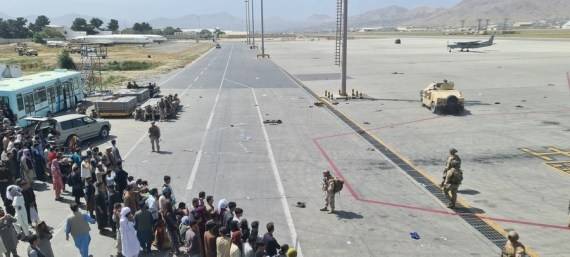General McKenzie said that the Taliban did not help themselves by releasing one thousand ISIS-K affiliates from Afghanistan’s jail following their takeover in August last year….reports Asian Lite News
General Kenneth McKenzie, the commander of the US Central Command (CENTCOM) on Wednesday (local time) said that the US will ramp up attacks on the Islamic State of Iraq and Syria-Khorasan branch (ISIS-K) in summer as they are re-constituting itself and will be able to conduct attacks out of Afghanistan in 12 to 18 months.
“We are coming out of the winter; traditionally this would now begin the fighting season,” McKenzie said. “It is my expectation that ISIS-K attacks will ramp up in Afghanistan as we go into the summer,” said McKenzie in his final appearance before Senate Panel, reported Tolo News.
The US CENTCOM commander added, though the Taliban have been suppressing the terror groups across Afghanistan but warned that ISIS-K will ramp up its attacks in the summer even in Kabul, reported Khaama Press.
McKenzie said that the Taliban did not help themselves by releasing one thousand ISIS-K affiliates from Afghanistan’s jail following their takeover in August last year.
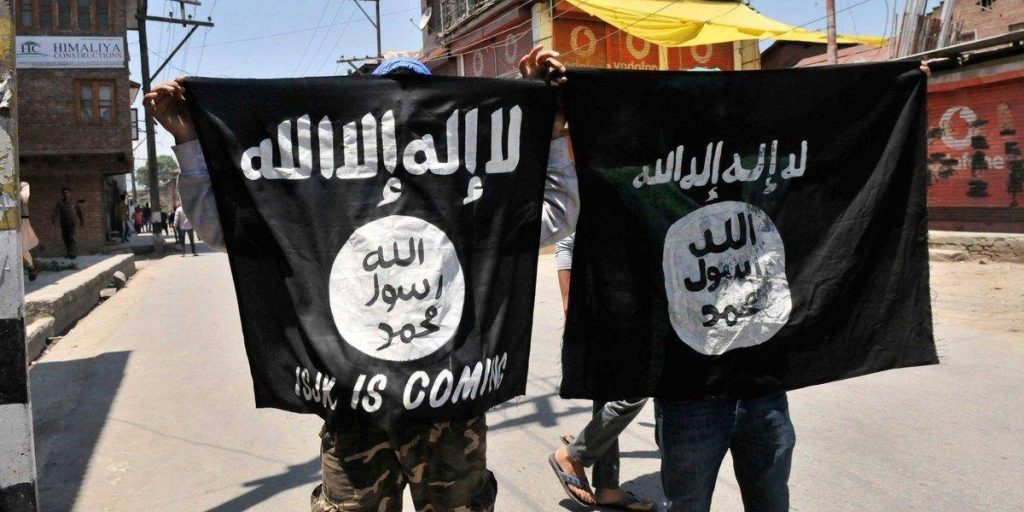
The US General’s concern over ISIS-K in Afghanistan comes as the de facto authorities in Kabul deny the terror group to be a threat to Afghanistan or other countries from Afghanistan.
Political analysts believe that the Taliban must make plans to tackle ISIS-K, reported Tolo News.
“If the Islamic Emirate wants to have the ability to counter ISIS-K and other groups, it must have the intelligence and operational plans,” said Sadeq Shinwari, a military veteran.
The Taliban denied McKenzie’s remarks as baseless.
“There are no documents to prove these allegations. The Islamic Emirate has full control all over the country and will not allow anyone to pose insecurity in the country,” said Bilal Karimi, Deputy spokesman for the Taliban.
Earlier, the UN Security Council said in a report that the number of ISIS-K fighters has doubled from 2,000 to 4,000 in Afghanistan. (ANI)


